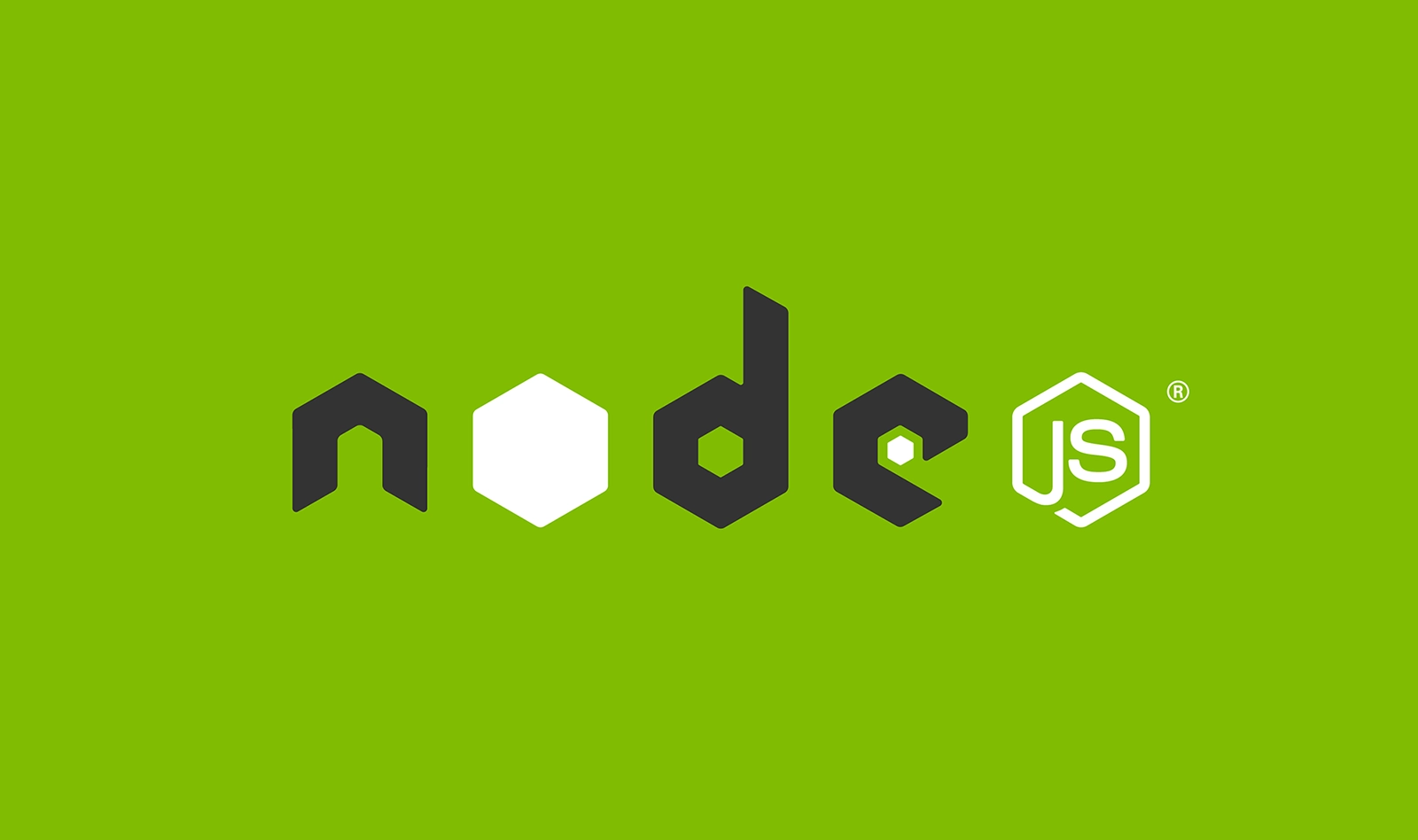Mean Stack Development
Mean stack development process
A set of JavaScript technologies used to create online web applications is referred to as the Mean Stack. As a result, JavaScript is used across the system, from the client to the server and from the server to the database. MEAN is a full-stack development toolset for creating quick and dependable online apps. MEAN is an easy-to-use stack that is suitable for creating dynamic websites and apps. This open-source stack provides a simple and structured way for quickly prototyping web-based apps.
If we want to create a dynamic website, the MEAN stack is an excellent choice, and the reason is simple: MEAN is easy to use. On top of that, MEAN stack’s technology is open-source, which means it’s free to use; using MEAN stack, we can quickly create prototypes for our website and simply manage it. MEAN is comprised of four different technologies:
- MongoDB express is a NoSQL database system with no schema.
- Express JS is a Node framework for creating web apps.
- AngularJS is a Google-developed JavaScript framework.
- Node.js is a JavaScript execution environment that runs on the server.
MongoDB
MongoDB is an open-source, multi-platform database built in C++. MongoDB’s data storage (in key-value pairs) is more versatile than other databases, and the data format saved is binary, similar to JSON.
- MongoDB is a NoSQL database, which means that instead of storing data in a relational fashion, it saves it in documents. MongoDB’s flexibility and adaptability to real-world business scenarios and requirements are due to this functionality.
- Indexes are created by MongoDB to increase search performance. In a MongoDB document, indexing may be applied to any field.
- MongoDB offers the notion of sharing, or horizontal scaling, by separating data across many instances. Even if there is a hardware failure, MongoDB can balance the load and/or replicate the data to keep the system functioning.
Express.js
The server-side apps are built with Express.js, a robust, versatile, and lightweight server framework. We may create single-page, multi-page, or hybrid web apps with Express.js. JavaScript is also used in Express. It makes use of the Pug engine to support templates (one of the most popular templating engines).
- Express is a high-speed I/O. We anticipate it to be quick as a server-side language, and it is.
- Express is single-threaded and asynchronous, with an MVC (Model–View–Controller) structure.
- Express has a number of robust APIs that make routing simple.
AngularJS
AngularJS is a framework for building dynamic web applications. It allows you to utilize HTML as your template language and expand HTML’s syntax to describe the components of your application simply and succinctly. Data binding and dependency injection in AngularJS remove a lot of the code you’d have to write otherwise.
All of the functionalities that we anticipate from HTML are available in Angular. It was created particularly for the creation of web application user interfaces. HTML is a wonderful declarative language for producing static pages, but it lacks the content needed to create online apps. When there is an impedance mismatch between dynamic applications and static documents, it is frequently handled by:
- A set of functions that may be used to create web applications. Your code is in charge, and it uses the library only when necessary. Consider jQuery.
- A specific implementation of a web application in which your code takes care of all the specifics. The framework is in control, and when it requires anything app-specific, it calls into your code. For example, durandal, ember, and so on.
Nodejs
In this modern world, web applications have enhanced themselves and come a long way over the years by introducing many popular frameworks such as Bootstrap, Angular js, etc. One thing common in these technologies is that all of these frameworks are based on the popular JavaScript framework. Developing server-side applications was always a tough task, but after the release of Nodejs, it became easy.
Nodejs is a server-side JavaScript execution environment for building web servers and online applications. Because it utilizes a non-blocking and event-driven I/O architecture, Nodejs is lightweight and efficient. It’s ideal for real-time data-intensive applications that operate across several devices. Nodejs is a multi-platform language that may be used to develop data-intensive real-time programs on Windows, OS X, and Linux.
Because Node.js is asynchronous, we refer to it as Node.js async. It’s an event-driven input/output system that helps manage several requests at the same time. If a request is received by a Nodejs Input/Output operation, Node.js will keep the operation running in the background while the other requests are processed.
Future of mean stack developer
MEAN developer is skilled in all four technologies: MongoDB, Express JS, Angular, and Node JS, and can create web apps and websites that are fast, scalable, and user-friendly. Our full-stack MEAN engineers have extensive knowledge of all of MEAN’s components (MongoDB, ExpressJS, Angular, NodeJS). MEAN Stack engineers for hire create scalable, creative, and futuristic online apps that propel your company forward. You receive the greatest DevOps organization structure with an agile approach when you hire our MEAN stack developers. We provide end-to-end MEAN stack development services using best practices. You receive top-notch MEAN Stack solutions, from design and development to testing using top-notch technology.
Businesses may employ MEAN Stack engineers to create user-friendly JavaScript web apps. This user-friendly framework may be used to create a variety of dynamic websites and interactive apps that can stand the test of time, as well as a rapid and methodical approach to all sorts of online applications. A MEAN Stack developer is capable of working on a wide range of skills and has hands-on expertise with a variety of coding languages and apps, which enables them to succeed in MEAN Stack development. You can contact us on admin@shrishtionline.com or sijomon@shrishtionline.com for your development queries.


